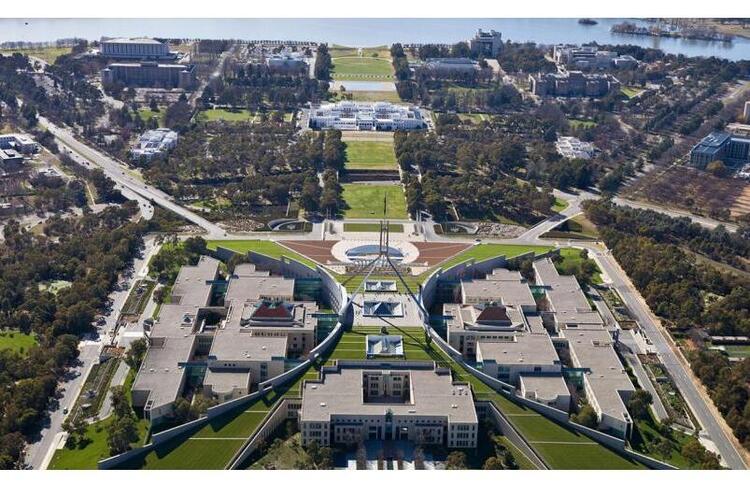"Risk of espionage": Australia bans construction of Russian embassy near parliament
To prevent this, the government developed a special bill that was passed in just an hour

The Australian government has decided to block the construction of a new Russian embassy building due to a "threat to national security."
Prime Minister Anthony Albanese said that such recommendations were received from intelligence agencies, ABC News reports.
Russia was going to build an embassy near the Australian Parliament in Canberra, a site it has been leasing since 2008. To prevent this, the government drafted a special bill. It was introduced to parliament on June 15 and approved in just one hour. MPs recognized that such a close Russian presence entails risks of espionage.
At the same time, the authorities do not plan to ban Moscow from having diplomatic missions in the country. Currently, Russia occupies the building of the former Soviet Embassy in Griffith.
"We don't expect Russia to talk about international law, given that it has rejected it so consistently and so brazenly with its invasion of Ukraine," the prime minister said.
The Russian embassy in Australia called the initiative to ban the construction of the new building "another step by the Albanese cabinet towards the deliberate and consistent destruction of relations with Moscow."
The head of the Federation Council's International Committee, Grigory Karasin, said that the Australian authorities' argument about the "threat to national security" is a "medical case" and "an example of schizophrenia."
Earlier, Canberra authorities had already tried to terminate the land lease agreement. Russia approved plans to build a new embassy building in 2011, but the National Capital Authority accused the diplomatic mission of leaving the site unused. Russia challenged this in court and recently won the case.
Australia has become one of the largest countries outside the NATO bloc to impose large-scale sanctions on Russia over the war in Ukraine. In addition, Canberra provides substantial assistance to Kyiv, including the supply of arms and ammunition.
If you have read this article to the end, we hope that means it was useful for you.
We work to ensure that our journalistic and analytical work is of high quality, and we strive to perform it as competently as possible. This also requires financial independence. Support us for only UAH 196 per month.
Become a Mind subscriber for just USD 5 per month and support the development of independent business journalism!
You can unsubscribe at any time in your LIQPAY account or by sending us an email: [email protected]



